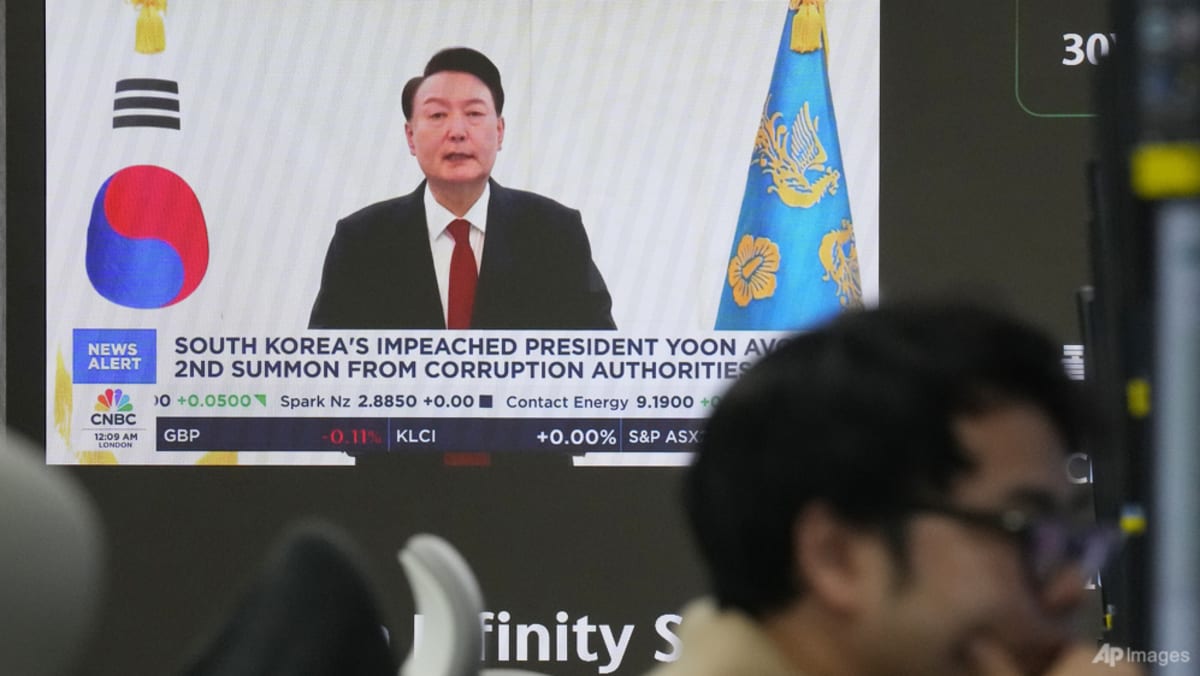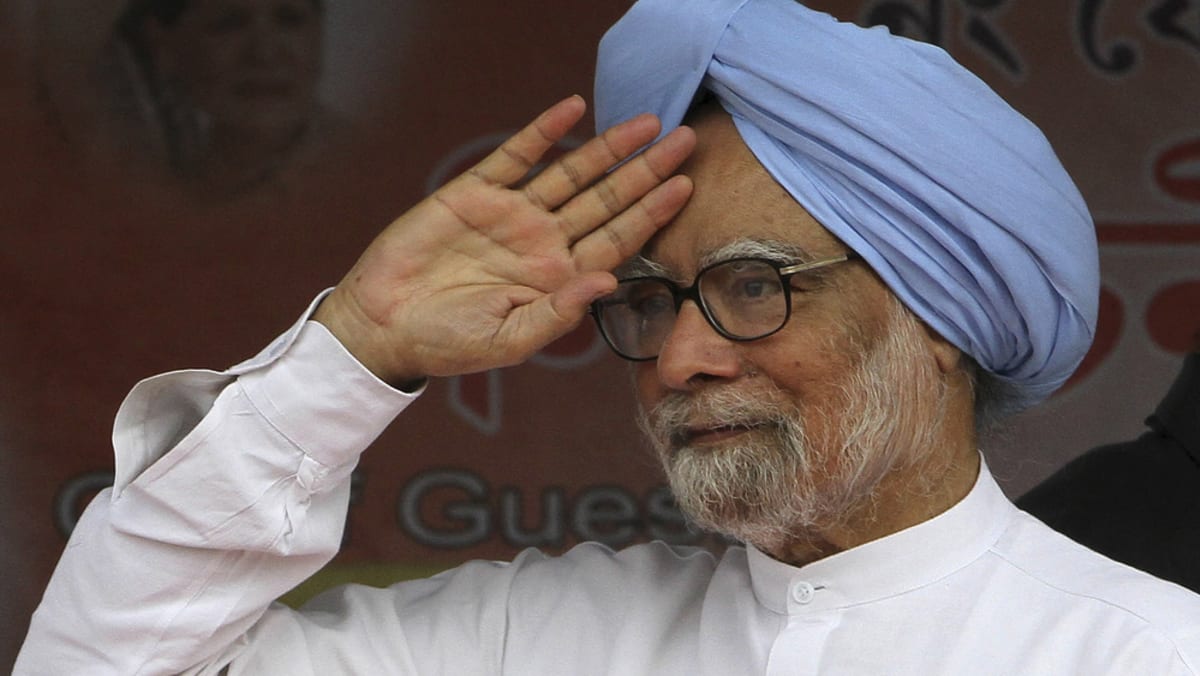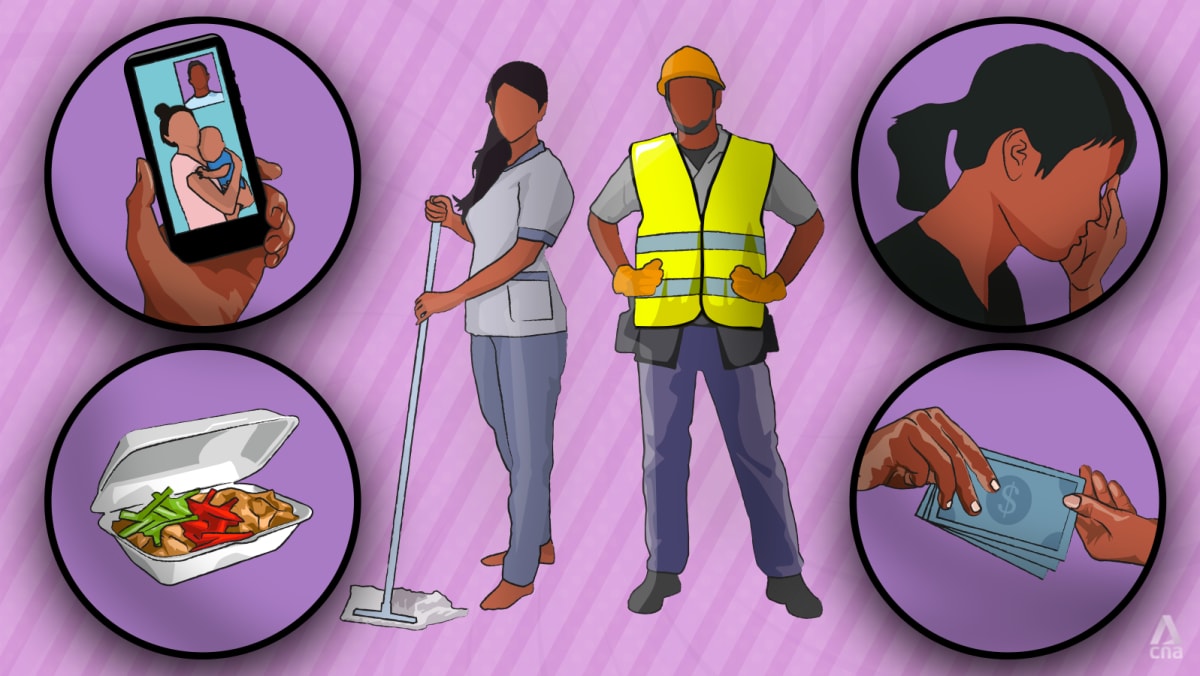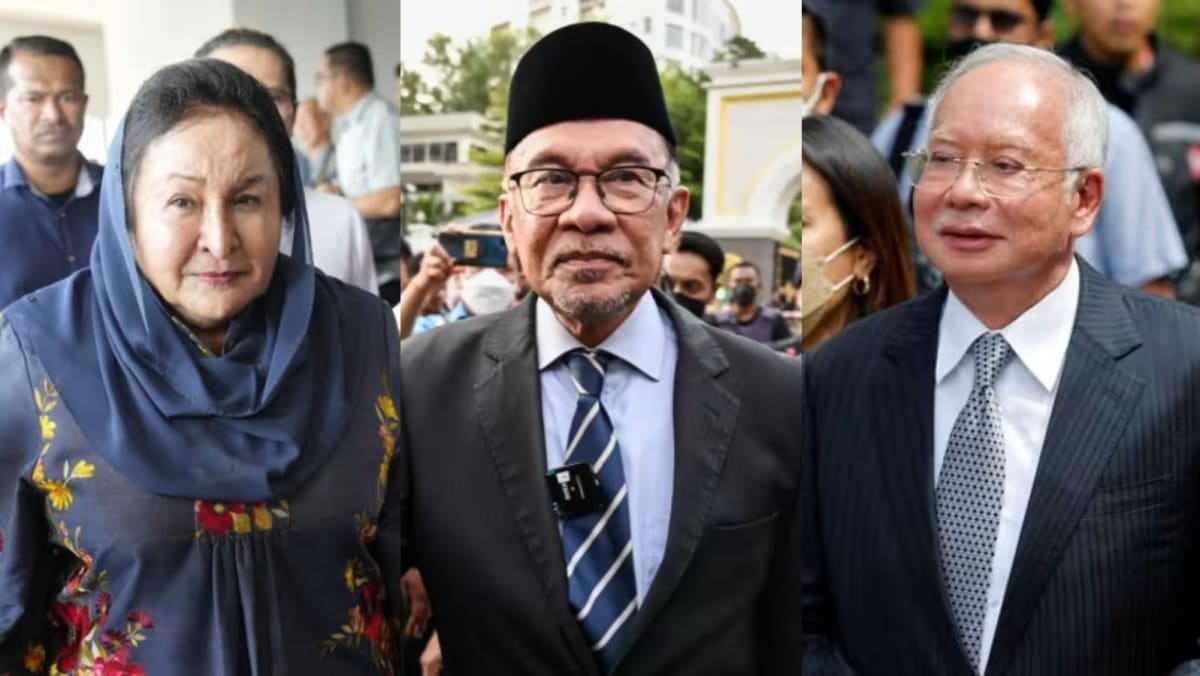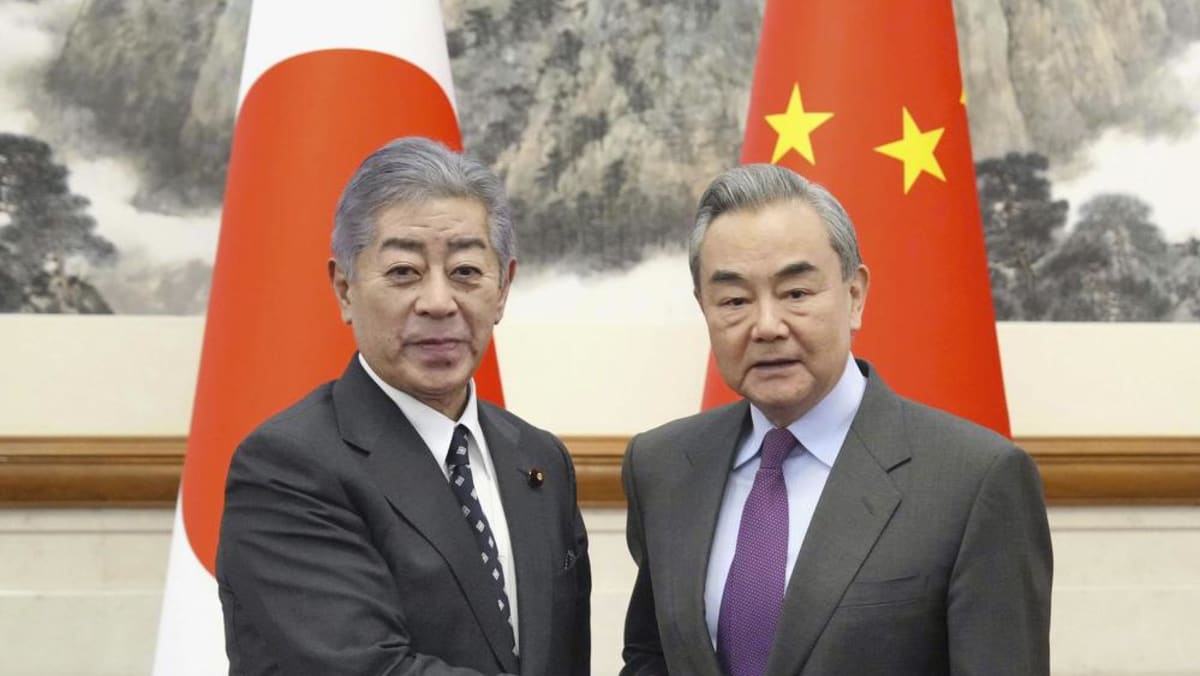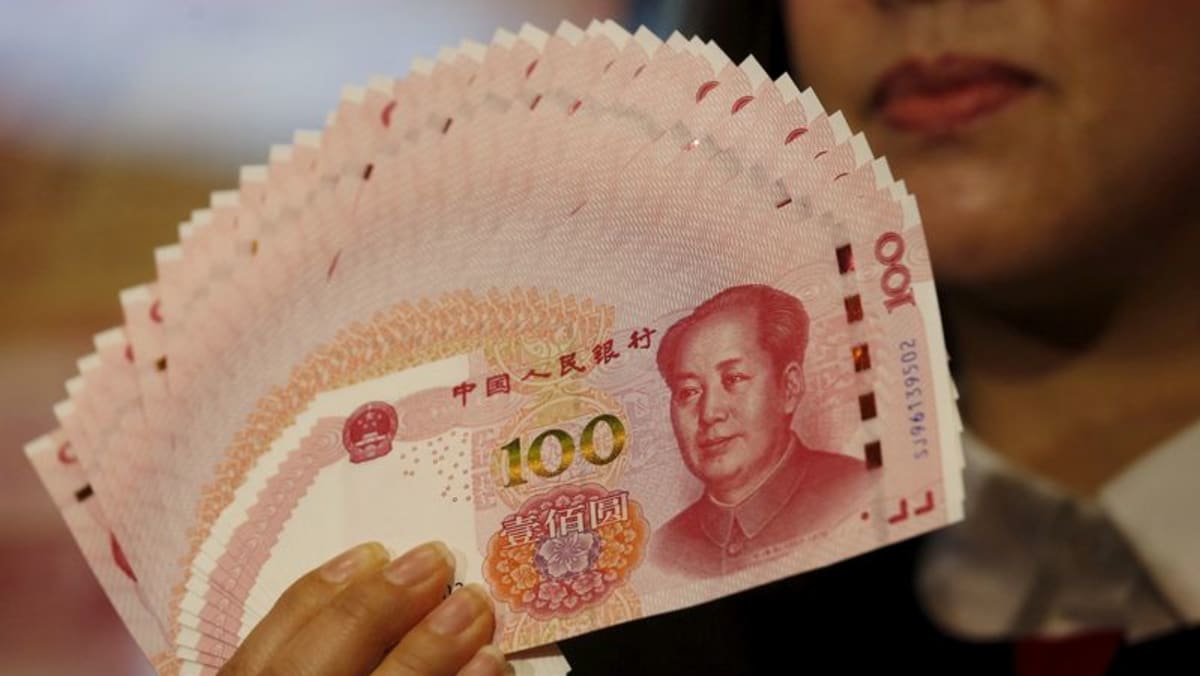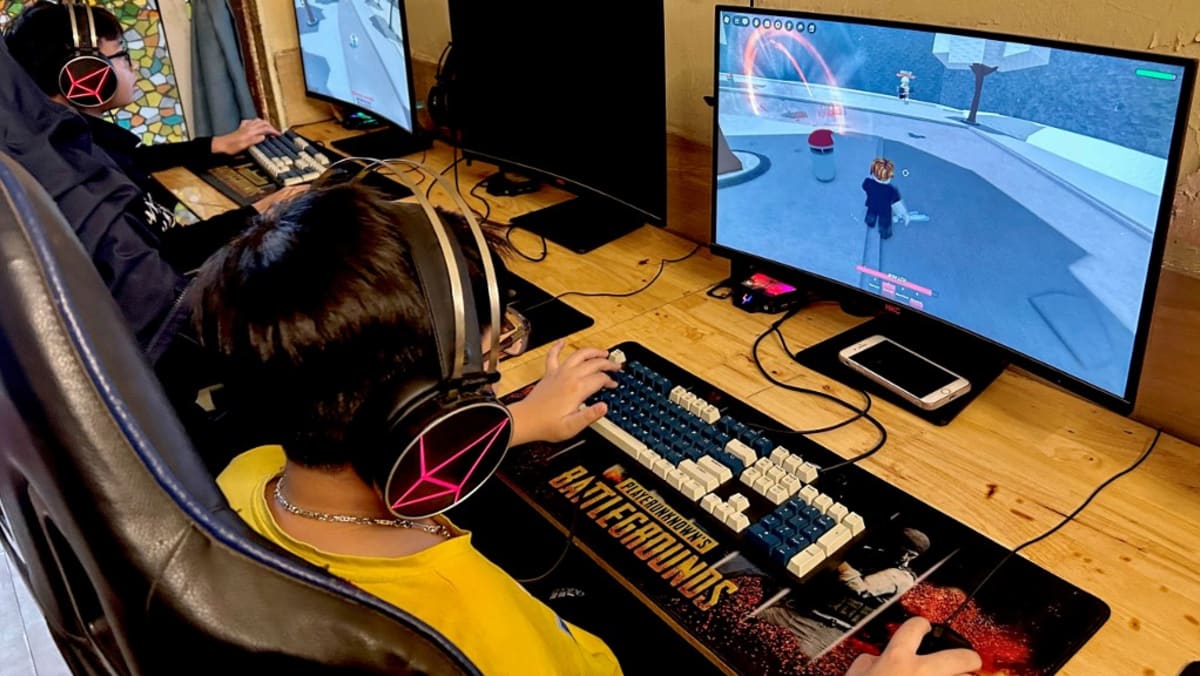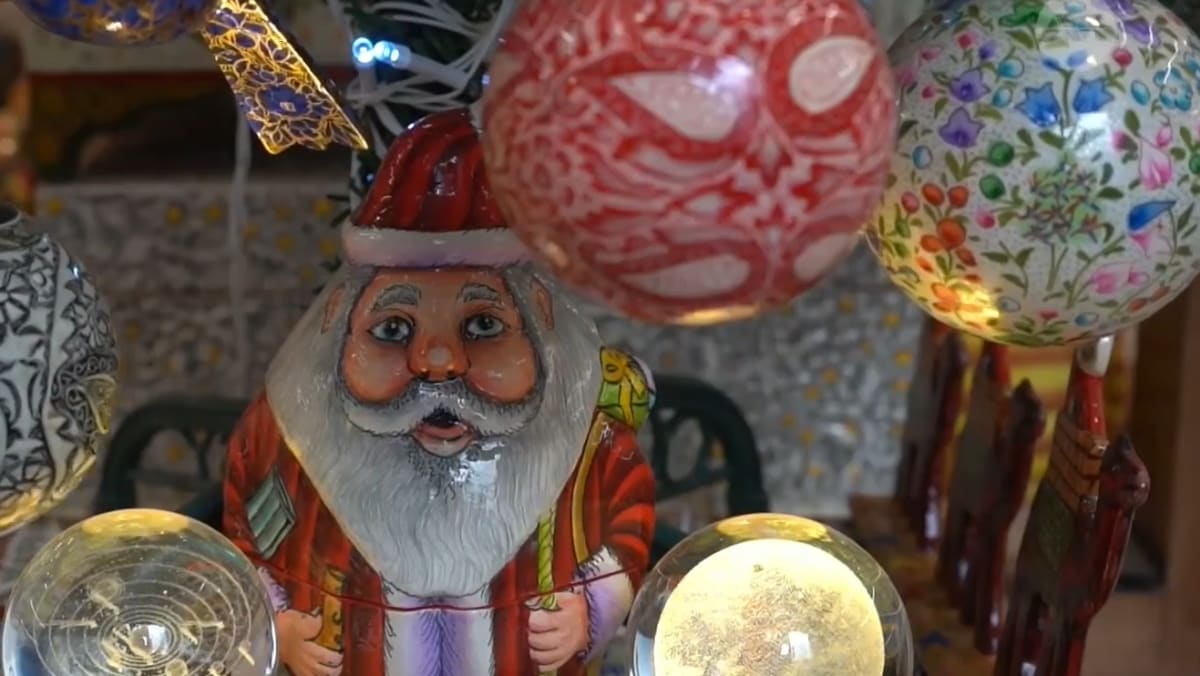Women take on Japan’s political gender gap for ‘true democracy’

“I became interested in becoming a politician because I thought I could give hope to people with disabilities,” said Saito, who has had surgery for hearing loss.
High-profile examples of discrimination in Japan, such as the forced sterilisation of disabled people under a now-defunct eugenics law, strengthened her resolve.
Saito, a social sciences student, initially didn’t know where to begin.
She said the foundation has helped her build a network and better understand the “good and bad aspects of the political world”.
“HOMOGENEOUS”
Foundation chair Rei Murakami Frenzel, 28, was surprised so many people applied for the first programme, which ran from November to March.
“We had assumed that women didn’t want to be politicians, but in fact, there just wasn’t enough support,” she said.
Japan’s “homogeneous” power base – even the parliament’s less powerful upper house is 75 per cent male – means lawmakers are “not tackling diverse social issues”, said Murakami Frenzel, whose father is a renowned activist investor.
Japan has never had a woman prime minister and that must change, said lawmaker Seiko Noda. She ran against Kishida in the ruling party’s last leadership race and is a lecturer for the programme.
“Even well-educated people have the entrenched view of politics as a male domain,” said the former internal affairs minister and women’s empowerment minister.
Source: CNA


